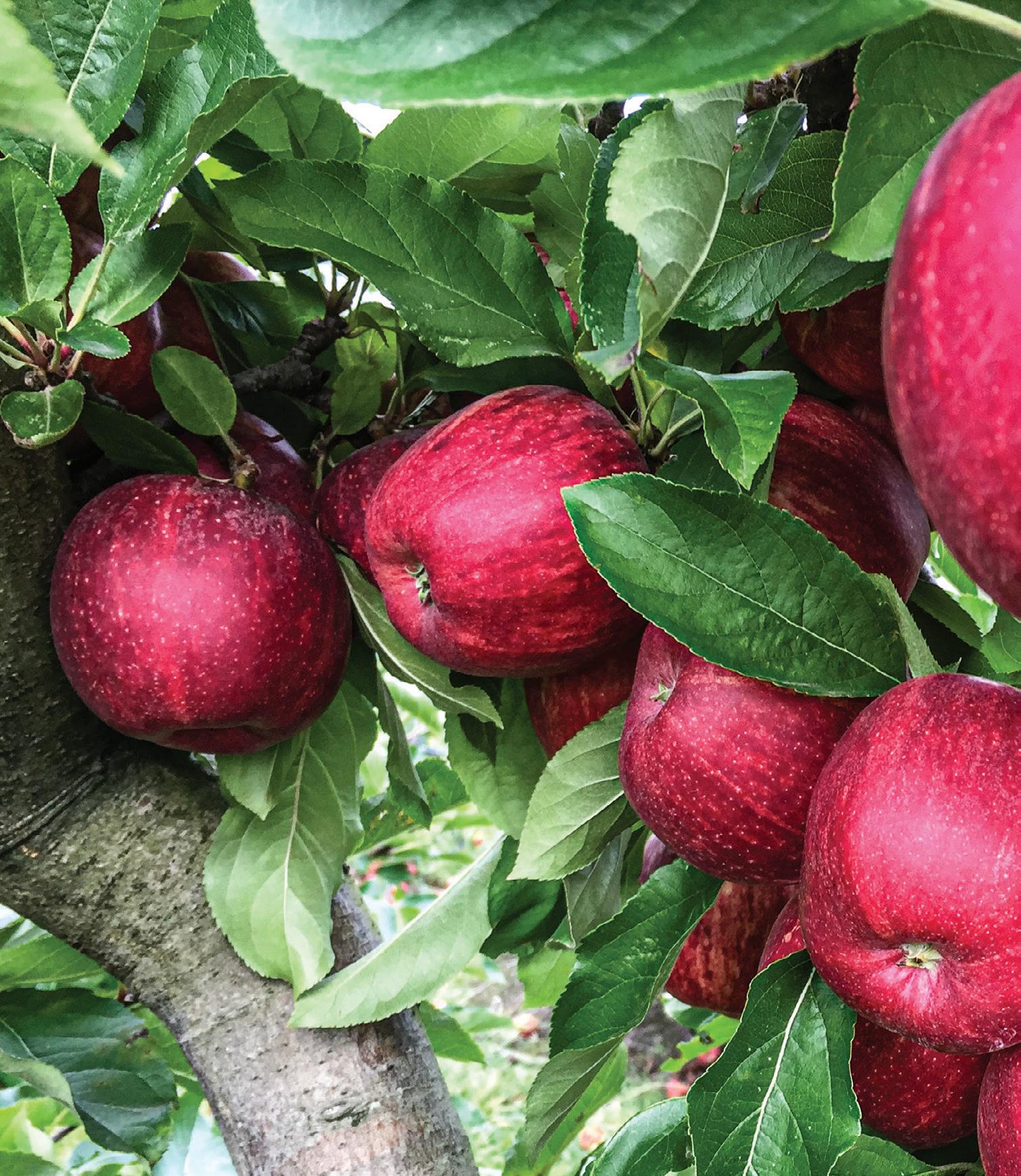Protecting high-value lucerne stands Lucerne’s renaissance as a specialist forage has helped many farmers improve animal performance and farm productivity in recent years and this trend shows no sign of abating. Lucerne now fills a valuable feed niche on many farms, both irrigated and dryland, with flow-on benefits for the whole farm system. It provides high energy and protein at a time when other pastures can struggle, because its deep tap root enables highly efficient water use. One of the keys to getting the best out of this legume is keeping weeds at bay right from the outset. Cynthia Christie, Technical Specialist for Nufarm, says good husbandry is critical to maintaining productive lucerne stands, because the plant won’t tolerate weed competition. All stands need to be renewed at some stage, because the plants are self-thinning. The difference between having to spray out and replace the stand sooner rather than later, however, usually comes down to the level of weed control from establishment onwards, Cynthia says.
| Lucerne’s deep tap root enables very efficient water use but does not allow for weed competition.
Debut is the newest addition to this range and is approved for use in both new and established lucerne. Labelled weeds include annual buttercups, cresses, fathen, hedge mustard, plantains, red root, shepherd’s purse, annual thistles, ragwort, docks and wireweed. Debut is best applied when weeds are small and actively growing, Cynthia notes.
broadleaf weeds in lucerne, such as chickweed, shepherds purse and storksbill. It also controls some grass weeds, including poa annua. Cynthia says Kyte 700WG is recommended for use post sowing in either spring or autumn, with applications timed after the newly emerged lucerne has two trifoliate leaves or more. It can also be used in established lucerne. Valdo 800WG is registered for control of a range of broadleaf weeds in established lucerne crops and should be applied before flowering.
“Keeping weeds out from the start can add years to the life of a stand, not to mention maintaining high forage quality.”
Timing is important for crop safety.
Weeds can affect the feed value of lucerne hay and silage and can also harbour insect pests, such as aphids, which can cause severe crop damage.
leaves before application.
A range of foliar selective herbicides is available to help farmers control weeds in lucerne, including Debut®, Kyte™ 700WG and Valdo® 800WG.
reduce the possibilities of Debut being
Article supplied by Nufarm
absorbed into the roots of the crop.
®Debut is a registered trademark of Nufarm Australia Limited
52 | THE FARMLANDER
Newly sown lucerne sprayed post emergence must have at least one or preferably two trifoliate Where ground cover is less than 50 percent, she advises growers to wait until there’s more vegetation, to
Kyte 700WG provides knockdown and residual control of typical problem
For further information, contact your Farmlands Technical Field Officer or the friendly team at your local Farmlands store.
®Valdo is a registered trademark of Nufarm Limited ™Kyte is a trademark of Nufarm Australia Limited
Farmlands Co-operative Society Limited | © November 2020. All rights reserved.
WWW.FARMLANDS.CO.NZ














